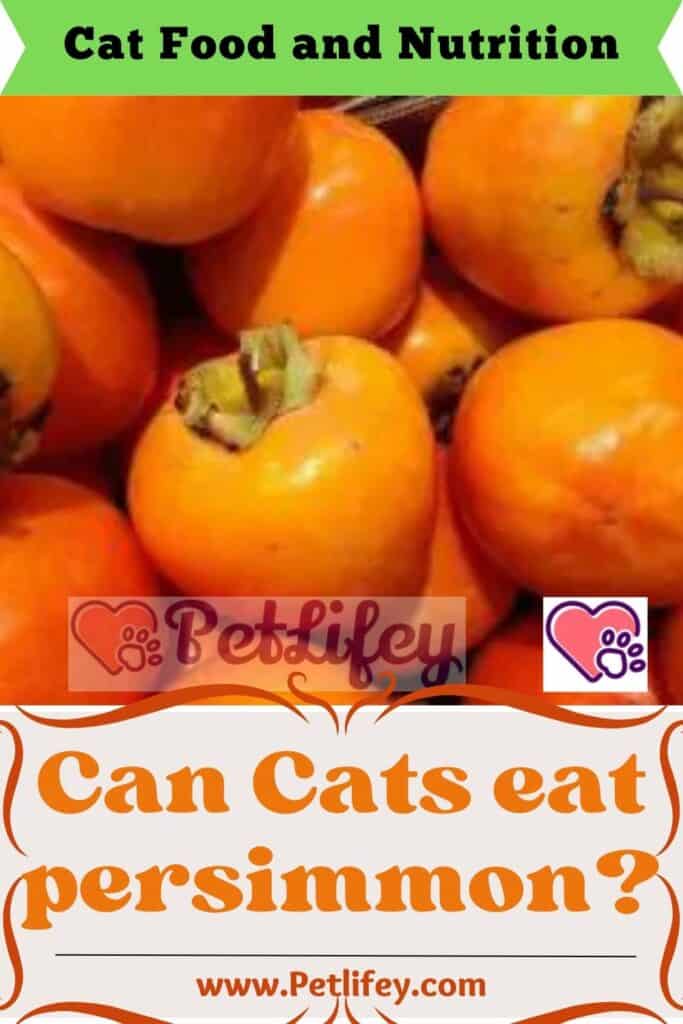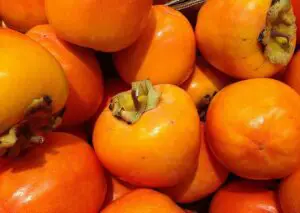
There are not many fruits that are suitable for our cat’s diet: do you know if the cat can eat persimmons? Here is the answer!
Cats and fruit are not exactly the ideal combination, as our little feline is a hunter and inveterate carnivore. This does not mean that fruit cannot occupy a small space within its menu, but it is necessary to inquire in advance before feeding it a food. Let’s find out if the cat can eat persimmons.
The nutritional needs of the cat
The cat as a small parlor tiger, as well as a secret policeman of the rooms of the house.
And the great poet had been right. Our little silent friend is a very skilled hunter and avid meat eater.
Seriously, it is the nature of the cat to eat food of animal origin. The feline’s diet must consist, for at least 90%, exclusively of meat. There is very little space left for the rest: fish, cereals, fruit and vegetables.
Fruit is the food category that arouses most curiosity when it comes to cats. The reason? It is absolutely not part of his natural diet; in other words, the feline does not eat any fruit in nature.
Yet it is not uncommon for our little domestic fluffy dogs to learn to eat them; but it is a delicate field, as there are several fruits that are forbidden to cats . For this reason, before letting him taste them, it is necessary to find out if the food is not harmful to his health.
Can the cat eat persimmon?
Among the various fruits that the autumn season brings with it, there are persimmons.
As we know these are fruits which, consumed in the right measure, are able to bring us various benefits to human beings. Does it also apply to cats?
Let’s say that this is not the case for our furry pets. It’s good to reassure yourself that persimmons aren’t poisonous to your kitty, or at least the pulp isn’t. On the other hand, seeds can be, a problem common among other things to many fruits.
In fact, the seeds contain small traces of cyanide, absolutely harmless to humans given the small quantity. For the cat, however, they could be fatal. The risk is that by chewing them the cat can break the seed, releasing the harmful substance.
The pulp does not give any problem to the cat, and if desired it could be given to the animal from time to time (and always being careful to clean the fruit from the seeds). Beware of the doses though; although the fruit is not toxic it can cause problems for the cat.
Feline diarrhea, dysentery, vomiting and constipation are always around the corner when it comes to cat fruit.
What to do if the cat ate persimmon

As we have seen, persimmons themselves are not poisonous to cats.
If you have given your cat a small portion, cleaned of seeds, you shouldn’t have reason to worry, unless the cat is allergic to the fruit.
For this reason, if the cat has eaten persimmons for the first time, it is good to monitor his health to check for any allergic reactions or other symptoms of discomfort. If the cat is not feeling well, the first thing to do is to remain calm and write down everything that can be useful to give more information to the vet.
In particular, if the cat has vomited, it is good to collect a sample. This will allow the vet to find out more quickly if the animal has ingested anything other than persimmon. Always and in any case rely on the professional’s opinion, avoiding any personal initiative that is beyond your skills.






